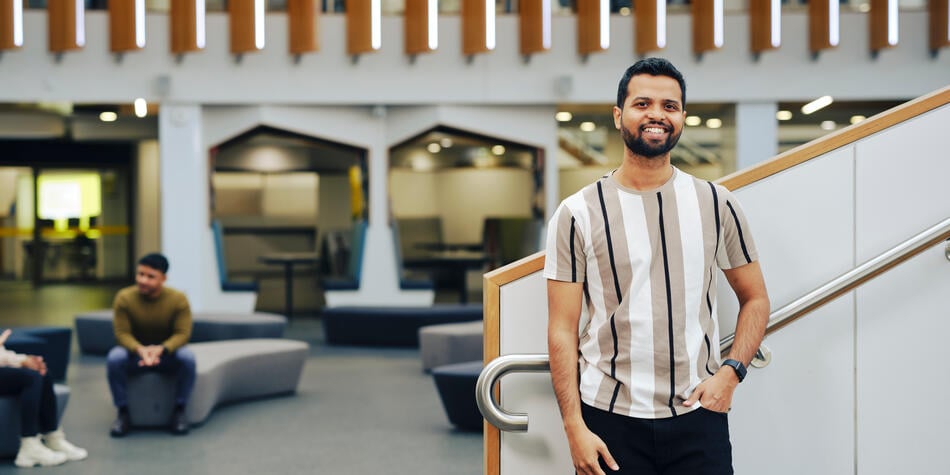
Celebrating 50 years
From modest beginnings in a Geelong paddock to six state-of-the-art campuses – we’ve always set out to make a difference. Join us on campus throughout 2025 for an exciting lineup of celebratory events to help commemorate our 50 year anniversary.

